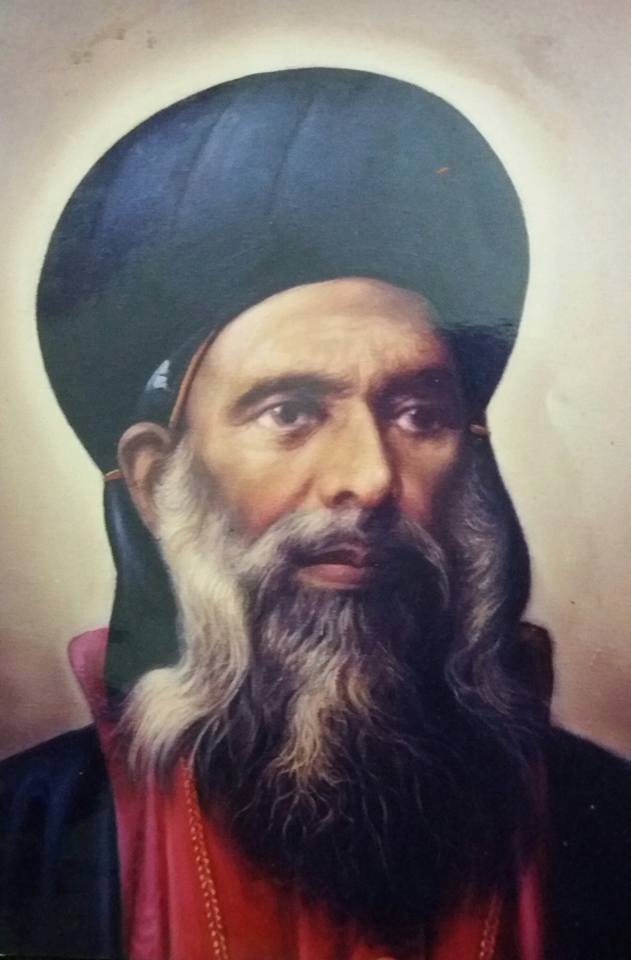Verily, Adam for eating was driven from Paradise. Wherefore, he sat opposite thereto, wailing and mourning in a pitiful voice, saying, Woe is me; what hath befallen me, wretched man? I transgressed one commandment of my Lord and was denied all kinds of good things. Wherefore, O most holy paradise, which for me was planted, and for the sake of Eve was closed, implore him who made thee, that I may contemplate the flowers of thy gardens. Therefore, the Savior cried out to him, saying, I desire not the loss of my creation, but that it be saved, and come to the knowledge of the truth; for he that cometh to me, I shall not cast out.
Great Lent is the 50-day season of spiritual preparation that comes before the most important Feast of the Christian year, Holy Easter. This annual season of repentance is a spiritual journey with our Savior. Our goal is to meet the risen Lord Jesus, Who reunites us with God the Father. The Father is always waiting to greet us with outstretched hands. We must ask ourselves the question, “Are we willing to turn to Him?”
During Great Lent, the Church teaches us how to receive Him by using the two great means of repentance— prayer and fasting.
The purpose of fasting is to remind us of the Scriptural teaching, “Man does not live by bread alone.” The needs of the body are nothing compared to the needs of the soul. Above all else, we need God, Who provides everything for both the body and the soul. Fasting teaches us to depend on God more fully. The first sin of our parents, Adam and Eve, was eating from the forbidden tree (Genesis 3:1-19). We fast from food, or a food item, as a reminder that we are to fast from sinning and doing evil.
There are several benefits of fasting. Fasting helps us pray more easily. Our spirit is lighter when we are not weighed down by too much food or food that is too rich. Through fasting, we also learn to feel compassion for the poor and hungry and to save our own resources so that we can help those in need. Fasting is more than not eating food. Saint John Chrysostom teaches that it is more important to fast from sin. For example, besides controlling what goes into our mouths, we must control what comes out of our mouths as well. Are our words pleasing to God, or do we curse God or our brother?
The other members of the body also need to fast: our eyes from seeing evil, our ears from hearing evil, our limbs from participating in anything that is not Godly. Most important of all, we need to control our thoughts, for thoughts are the source of our actions, whether good or evil. Fasting is not an end in itself. Our goal is an inner change of heart. The Lenten Fast is calls for actions of self-denial and spiritual training which are central to fasting. Fasting is a spiritual exercise. It is not imposed or forced upon us. In the same way that true repentance cannot be forced upon anyone, each of us makes the choice to turn away from our sinful ways and go toward our loving, for giving Father in Heaven.
The element of prayer is a silent element of Lenten preparation. A rough definition of prayer is “a conversation with God.” If the purpose of Lent is to draw closer to God, then talking to Him more often is an excellent way to establish a greater relationship with Him. Oftentimes, we find ourselves just drifting through life with no direction. Monday through Saturday we are overwhelmed with work, school, and friends. Our busy schedules rarely allow us any time to think, let alone pray. God may only appear once out of the entire week, on Sunday morning when we are half-asleep and exhausted from Saturday night’s excursions. Lent offers more opportunities for us to break from this monotonous routine, by attending Lenten services during the week and increasing our own personal prayer. By taking five or ten more minutes out of our day to pray, we are refocusing our lives five or ten minutes more on things concerning God, instead of the world.
The last element of Lent is almsgiving. Like fasting, almsgiving is another way that we discipline ourselves. We are called to move away from temptations and distractions that lead us to sin. Money is one of the greatest distractions we know. “For if your right hand causes you to sin, cut it off and cast it from you; for it is more profitable for you that one of your members perish, than for your whole body to be cast into hell.” (Matthew 5:30) Also when we are charitable and are selfless in our giving to help our brothers and sisters who are in need, we come a little bit closer to understanding the sacrifice that Jesus made on the cross for our sins.
REFERENCES

